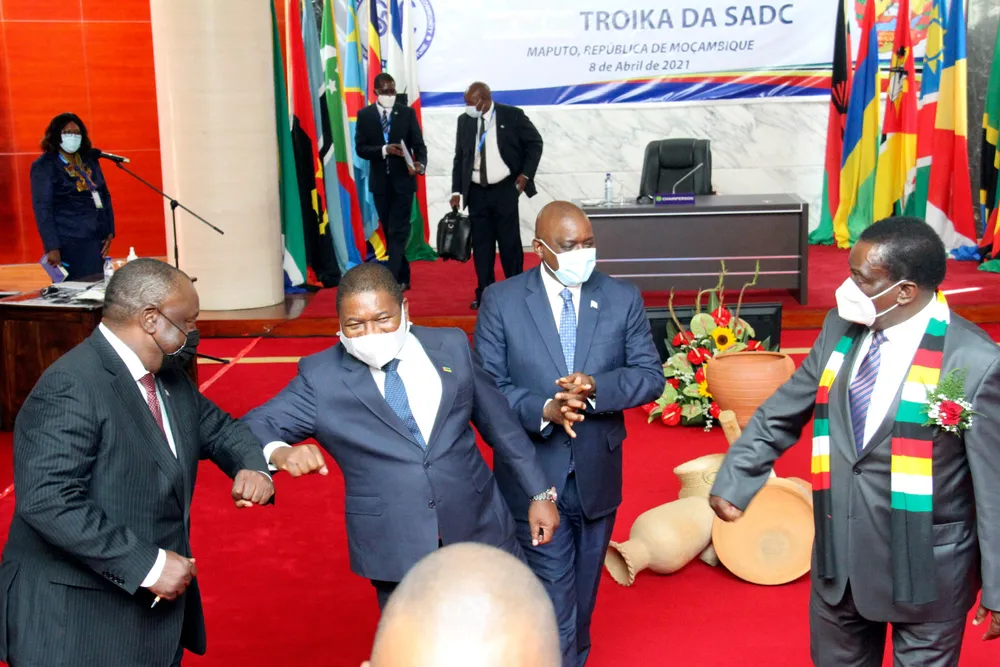Mozambique meeting to decide on foreign troop deployment to tackle Islamist threat is postponed
Report from Southern African Development Community recommends 'immediate deployment' of 2916 regional troops and special forces

Report from Southern African Development Community recommends 'immediate deployment' of 2916 regional troops and special forces
